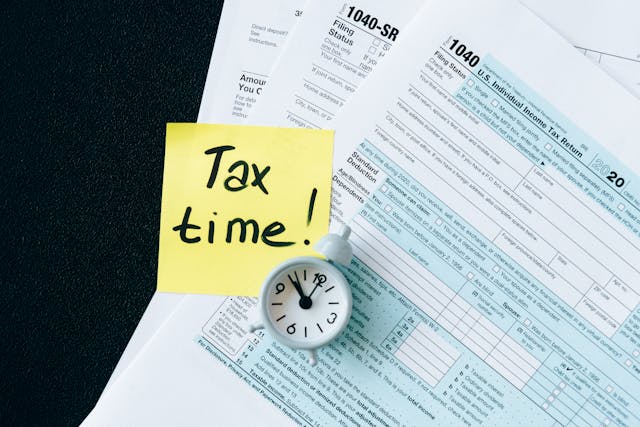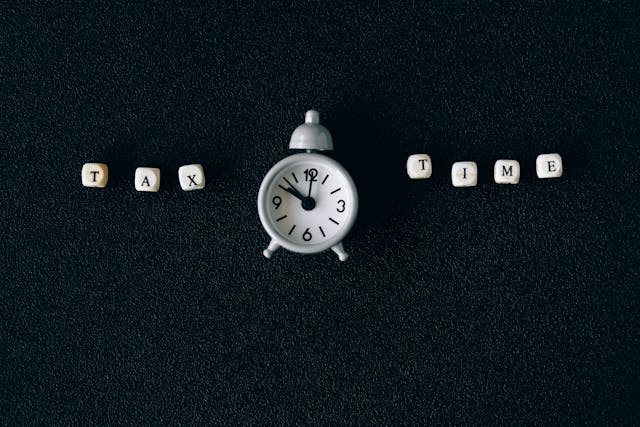Ah, election season—the time when governments magically remember the people they’re supposed to serve. And what better way to express this newfound affection than by handing out money? No strings attached, no questions asked. Just cold, hard cash to keep those votes warm. These schemes are, of course, paraded as revolutionary steps toward “empowerment” and “poverty alleviation.” But let’s not kid ourselves. What they really are is a masterclass in political marketing.
Take a moment to admire the genius behind these schemes. The formula is simple: announce a catchy name, throw in a vague promise of upliftment, and add a direct cash transfer. Voilà! You’ve got yourself a “game-changer.” Who needs jobs, infrastructure, or quality education when you can get ₹1,000 in your bank account every month? Never mind that it’s barely enough to cover a week’s groceries, let alone change someone’s life. But hey, it’s the thought that counts—or in this case, the votes.
The Taxpayer: The Unsung ATM
Now let’s shift focus to the real MVP of this circus—the taxpayer. The quiet, diligent worker who pays their taxes on time, only to have their hard-earned money turned into a political bribe. The taxpayer isn’t just an ATM; they’re an involuntary sponsor of the country’s largest reality show: How to Win Votes Without Really Trying.
While politicians are busy distributing money with theatrical flair, the taxpayer is slogging through traffic, crunching numbers, and juggling bills. All this while watching their contributions evaporate into schemes that often have less impact than a monsoon in the Sahara. And what do they get in return? Certainly not gratitude. Not a thank-you note. Not even a mention in the fine print of the government’s next press release.
In fact, if you’re a taxpayer, you’re expected to pay more when the fiscal deficit balloons because, apparently, democracy isn’t cheap. But don’t worry; your sacrifice is deeply appreciated. Just not by the people handing out ₹2,000 cheques with your money.
The Oprah-Politician Connection
Let’s not forget the lack of standardization in these schemes. Eligibility criteria? That’s just a trivial afterthought. Sometimes it’s women, sometimes it’s farmers, and sometimes it’s just anyone who can vaguely fit the word “needy.” It’s like Oprah for politicians: “You get money! You get money! Everyone gets money!” Except instead of cars, it’s crumbs.
And here’s the kicker: these cash transfers rarely lead to lasting empowerment. Sure, it’s nice to get a little extra money, but what happens next? No focus on financial literacy, no effort toward economic independence. It’s like handing someone a lifeboat with a hole in it—it keeps them afloat temporarily, but they’re still sinking in the long run.
The Illusion of Gratitude
And then there’s the psychological finesse. These cash transfers create a strange sense of gratitude among recipients, as if the government is doing them a massive favor rather than fulfilling a basic responsibility. People queue up at banks to collect their “blessings,” while politicians bask in the glow of public adoration.
Meanwhile, the taxpayer—the silent financier of this charade—is left feeling like the butt of a cosmic joke. Imagine being the guy who buys the cake but isn’t invited to the party. Worse, you’re told the cake wasn’t for you anyway because you’re “privileged.”
What About Progress?
A country with dreams of being a $5 trillion economy is busy handing out pocket money instead of creating jobs, upgrading infrastructure, or fostering entrepreneurship. We’re told these schemes are “temporary solutions” while the government works on “long-term reforms.” But let’s be real: why bother with hard reforms when you can buy goodwill at a fraction of the effort?
And what’s with the timing? These schemes pop up with suspicious regularity just before elections, like clockwork. It’s almost as if politicians think we don’t notice. Newsflash: we do. The thing is, we’re too tired or cynical to call them out.
The Taxpayer’s Dilemma
The real tragedy is how these schemes deepen the divide between taxpayers and recipients. On one side, you have the taxpayer, who feels increasingly alienated and exploited. On the other, you have recipients, who are conditioned to rely on government aid instead of striving for self-reliance. It’s a classic case of robbing Peter to pay Paul—except Peter is too busy working overtime to file a complaint.
But the irony doesn’t stop there. Taxpayers often find themselves envying the very schemes they’re funding. “Why don’t I qualify for free cash?” they wonder as they stare at their mounting credit card bills. It’s a question that haunts many middle-class families, who earn just enough to pay taxes but not enough to escape financial strain.

Optics Over Outcomes
Let’s face it: these schemes are more about optics than outcomes. Politicians get their photo ops, recipients get their momentary relief, and the media gets its headlines. Meanwhile, the country’s systemic issues—unemployment, poor healthcare, and a crumbling education system—remain unaddressed.
It’s like putting a Band-Aid on a broken leg and calling it a day. Sure, it looks like you’re doing something, but the underlying problem isn’t going anywhere.
A Taxpayer’s Lament
So, here’s to the taxpayers, the unsung heroes of this melodrama. The ones who work hard, pay their dues, and keep the country running. The ones who don’t qualify for freebies but are expected to fund them anyway.
Dear taxpayer, you’re not just paying for roads, schools, and hospitals. You’re also funding a grand political experiment, one cash transfer at a time. Your money isn’t just a contribution; it’s a sacrifice. And the next time you see a politician announcing a new scheme with a big grin and bigger promises, remember: that smile was funded by you.
The Bigger Question
In the end, these schemes are a mirror reflecting our political priorities. They show us a system that values short-term gains over long-term solutions, optics over outcomes, and slogans over substance.
But here’s the real question: how long are we willing to play along? How long before we demand accountability, transparency, and a focus on sustainable progress? Because until that happens, we’re all just extras in the Great Indian Giveaway—funded by taxpayers, starring politicians, and directed by the next election.
Now, if you’ll excuse me, I’m off to check if I qualify for any of these schemes. After all, why let good sarcasm go to waste when you can turn it into cash?



